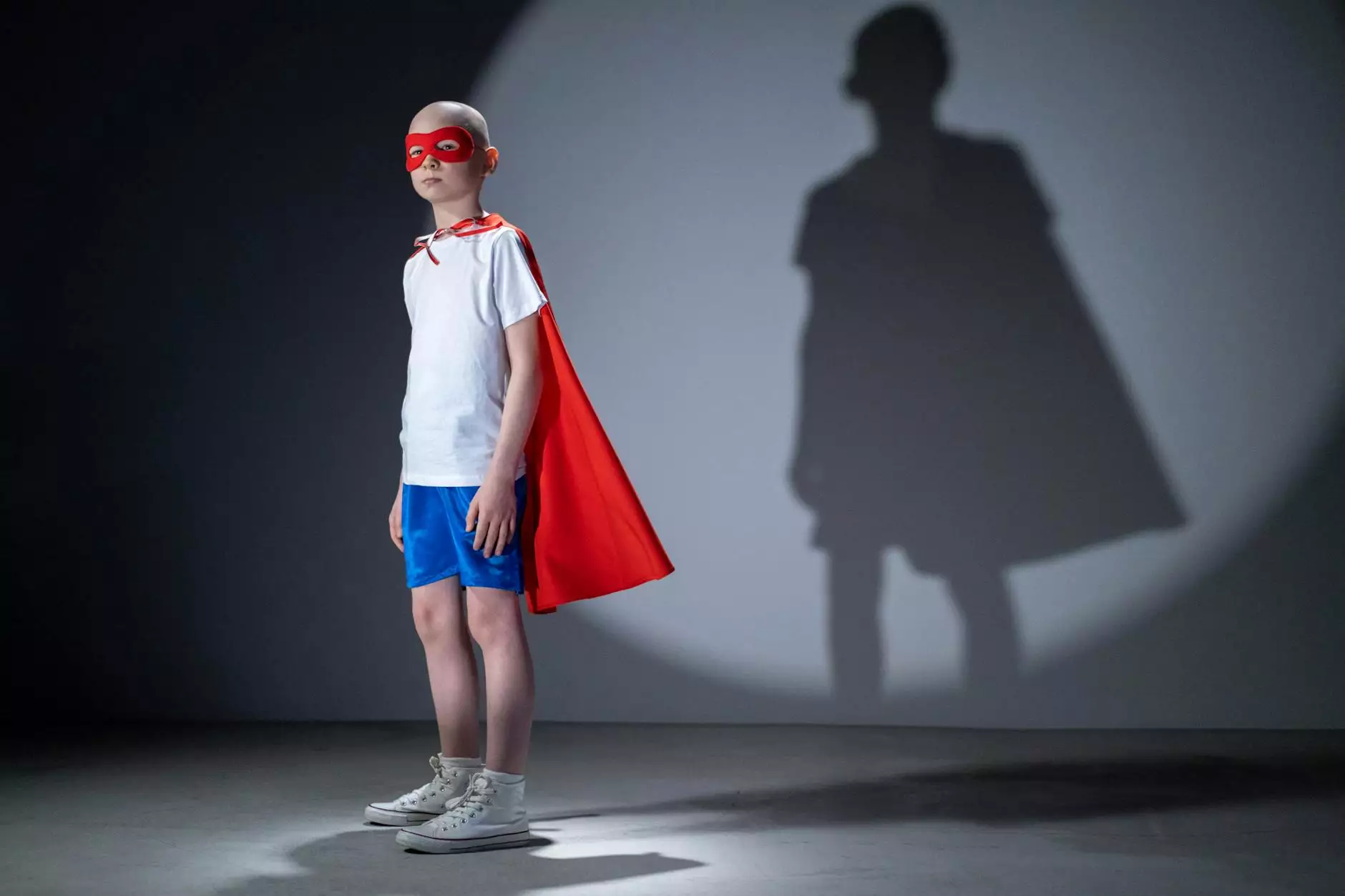What is Alopecia Areata?

Understanding Alopecia Areata
Alopecia Areata is a common autoimmune skin disorder that results in often unpredictable hair loss. It affects both men and women of all ages and ethnicities, with approximately 2% of the population experiencing it at some point in their lives. This condition occurs when the immune system mistakenly attacks the hair follicles, leading to hair loss in various areas of the body, typically the scalp.
The Causes of Alopecia Areata
The exact cause of Alopecia Areata is still unknown, but researchers believe that it involves a combination of genetic, environmental, and immunological factors. There is evidence to suggest that individuals with a family history of autoimmune diseases are more likely to develop Alopecia Areata, indicating a genetic predisposition.
Moreover, some research suggests that certain environmental triggers, such as viral or bacterial infections, physical or emotional stress, or hormonal imbalances, may activate the immune response and contribute to the development of Alopecia Areata.
Symptoms and Types
Alopecia Areata typically presents itself as sudden hair loss in well-defined patches, ranging from small, coin-sized areas to larger patches. In some cases, the hair loss can progress to complete baldness of the scalp (Alopecia Totalis) or even loss of all body hair (Alopecia Universalis).
Aside from hair loss, individuals with Alopecia Areata may experience other symptoms such as itching, tingling, or a burning sensation on the affected areas of the scalp. In rare cases, individuals may also notice changes in the texture, color, or brittleness of the regrowing hair.
Treatment and Management
While there is currently no known cure for Alopecia Areata, various treatment options are available to manage the condition and promote hair regrowth. The choice of treatment depends on the severity and extent of hair loss, as well as the individual's preferences.
1. Corticosteroid Injections
Corticosteroid injections are often the first-line and most commonly used treatment for Alopecia Areata. These injections are administered directly into the bald patches to suppress the immune response and stimulate hair regrowth. Multiple sessions may be required over several weeks or months.
2. Topical Corticosteroids
For individuals with smaller affected areas, topical corticosteroids in the form of creams, ointments, or lotions may be prescribed. These medications are applied directly to the affected areas and help reduce inflammation and promote hair regrowth.
3. Minoxidil
Minoxidil is a medication available over-the-counter that can be applied topically to the scalp. It is commonly used for androgenetic alopecia (pattern baldness), but some studies suggest it may also be beneficial in promoting regrowth in cases of Alopecia Areata.
4. Immunotherapy
Immunotherapy involves stimulating an allergic reaction on the scalp to trigger hair regrowth. This treatment option is often used in more severe cases of Alopecia Areata and requires multiple sessions.
5. Hair Replacement
In cases where hair loss is extensive and other treatments have not been successful, individuals may opt for hair replacement options such as wigs, hairpieces, or hair transplantation procedures. These methods can help restore a natural-looking appearance.
Living with Alopecia Areata
Alopecia Areata can have a significant impact on an individual's emotional well-being and self-esteem. It is crucial to provide support, education, and understanding to those affected by this condition.
Joining support groups, attending counseling sessions, or connecting with others who have experienced hair loss can be beneficial in coping with the emotional challenges associated with Alopecia Areata.
Additionally, it is essential to protect the scalp and remaining hair from sun damage by wearing hats or using sunscreen. Maintaining a healthy lifestyle, managing stress levels, and following a well-balanced diet rich in vitamins and minerals can also contribute to overall hair and scalp health.
Conclusion
Understanding Alopecia Areata is crucial for individuals affected by this condition and their families. While it can be emotionally challenging, there are various treatment options available to manage the condition and promote hair regrowth.
At Smith, Arthur F, MD, we specialize in providing comprehensive care and support to individuals with Alopecia Areata. Our team of experts is dedicated to helping our patients understand their condition, exploring treatment options, and guiding them through their journey towards regaining confidence.




